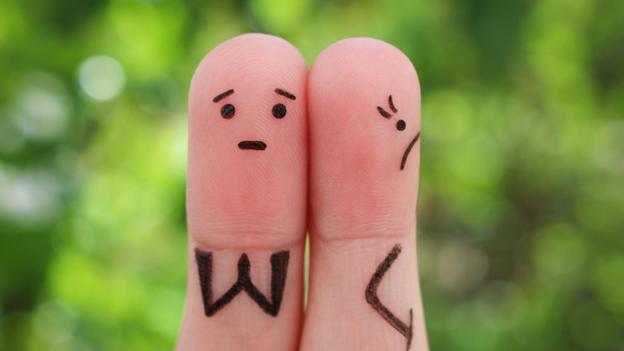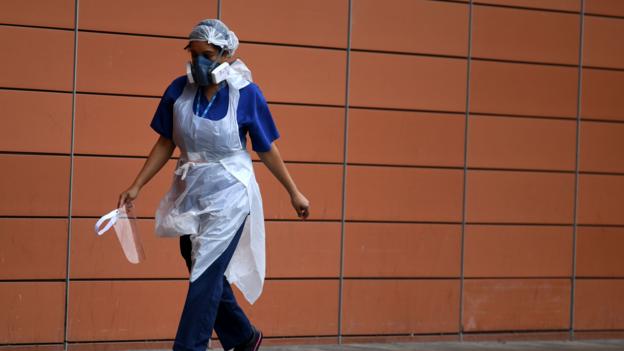Academics are sorry that apology research is floundering. New discoveries on apologies rarely appear because the studies are challenging to design, not unlike determining whether woodpeckers get headaches, or boiling the ocean.
Cindy Frantz, a social and environmental psychologist at Oberlin College in the US state of Ohio, has tried. “I once tried to run a study where someone was wronged in the lab, but the logistics were very complicated for ethical reasons,” she says. “You can’t do a grievous wrong.”
This often leaves researchers who want to study apologies scratching their heads: what wrongs can they ethically inflict on study participants that would necessitate dramatic apologies? Most resort to asking participants hypothetical questions (“Imagine that Sam just ran over your foot with his car”), or depend on memory, which is notoriously biased and fallible (“Tell me about your apology to your mother”). This is all further complicated by the cultural specificity of apologies.
Even so, there is a niche of emerging apology research. Among the researchers finding a way around the experimental difficulty is Yohsuke Ohtsubo, a psychologist at Kobe University. He has spent a dozen years studying sorries around the world, and late last year published the fifth of six papers adding crucial how-to instructions. When apologising, its best to pay up with a gift that is costly. For example, a corporation that wrongs customers might repent with pricey gift certificates, or an individual could atone for flaking on a social date by saying, “I’m going to cancel my trip this weekend and spend Saturday with you”.
Apology gifts are as old as sin. Ohtsubo’s unexpected contribution is that the point of the gift is not to enrich the recipient.













